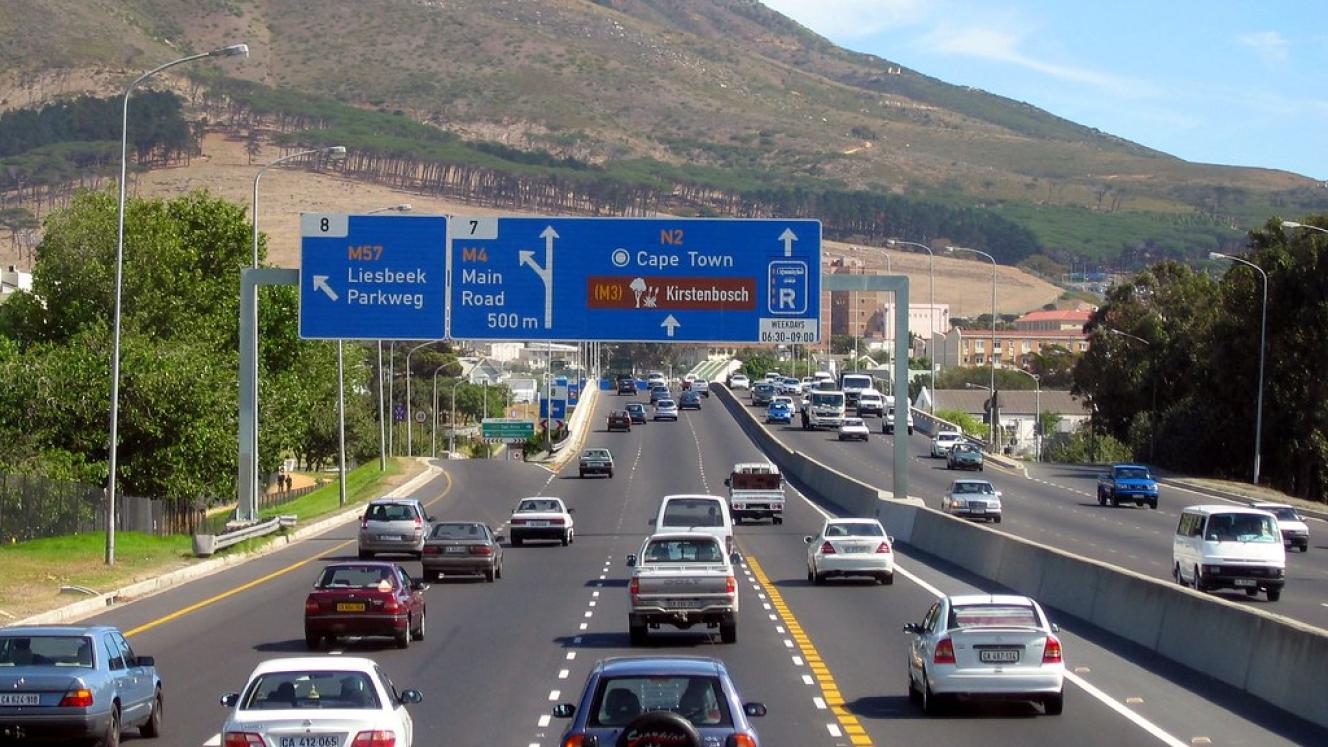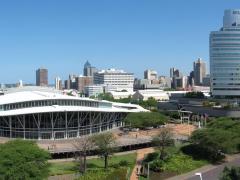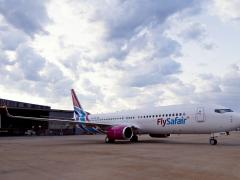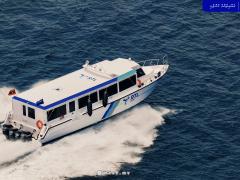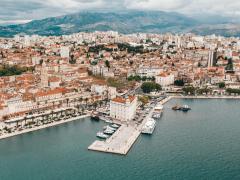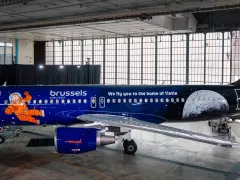Adele Mackenzie and Marita Nortje
As the SA National Taxi Council (Santaco) strike entered its sixth day in Cape Town on Tuesday, August 8, at 11h54 Eyewitness News said it had been “a quiet morning” with no major incidents reported in the Metro.
Western Cape Mobility MEC Ricardo Mackenzie said: "I welcome the calm that we see across the city this morning. Negotiations continue, to bring this matter to an urgent resolution. Our bus services have been severely disrupted, but our roads are open, our enforcement agencies are on the scene.”
While things might be returning to “normal”, tourism leaders have voiced misgivings about the long-term effects that the violence and chaotic disruption could have on tourism to the city and, indeed, the country.
SATSA Chair Oupa Pilane said: “Our members have been actively helping each other navigate these disruptions to limit the impact on guests, who are arriving and departing on domestic and international flights. However, while we have an excellent community of stakeholders mitigating the impact on travellers, we are not immune as a destination to the longer-term impacts of such a strike and resulting acts of violence.”
Tourism stakeholders worked together on Monday to share on-the-ground, up-to-date advice to smooth the way for operators travelling to and from Cape Town International Airport. Sporadic incidents of violence occurred on that day, including on the N2 highway and some roads were closed, causing traffic delays.
Police Spokesperson Brigadier Novela Potelwa, said police, along with the City of Cape Town’s metro police‚ law enforcement and traffic services were deployed at hotspots, and additional forces, including air support, were sent to locations where traffic interruptions and other incidents were reported.
Western Cape Premier Alan Winde on Monday called for an urgent resolution to the dispute. But Santaco said it was continuing with the strike after talks had been initiated to resolve the impasse.
Hospitality association FEDHASA strongly condemned the violence and intimidation linked to the strike in and around Cape Town. Lee-Anne Singer, FEDHASA Cape Chair, pointed out that while the organisation supported the right to peaceful protest, it was deeply concerned about the significant disturbance the strike was causing for guests and staff.
The UK Government issued an advisory about the strikes, warning travellers about the disruption and violence.
